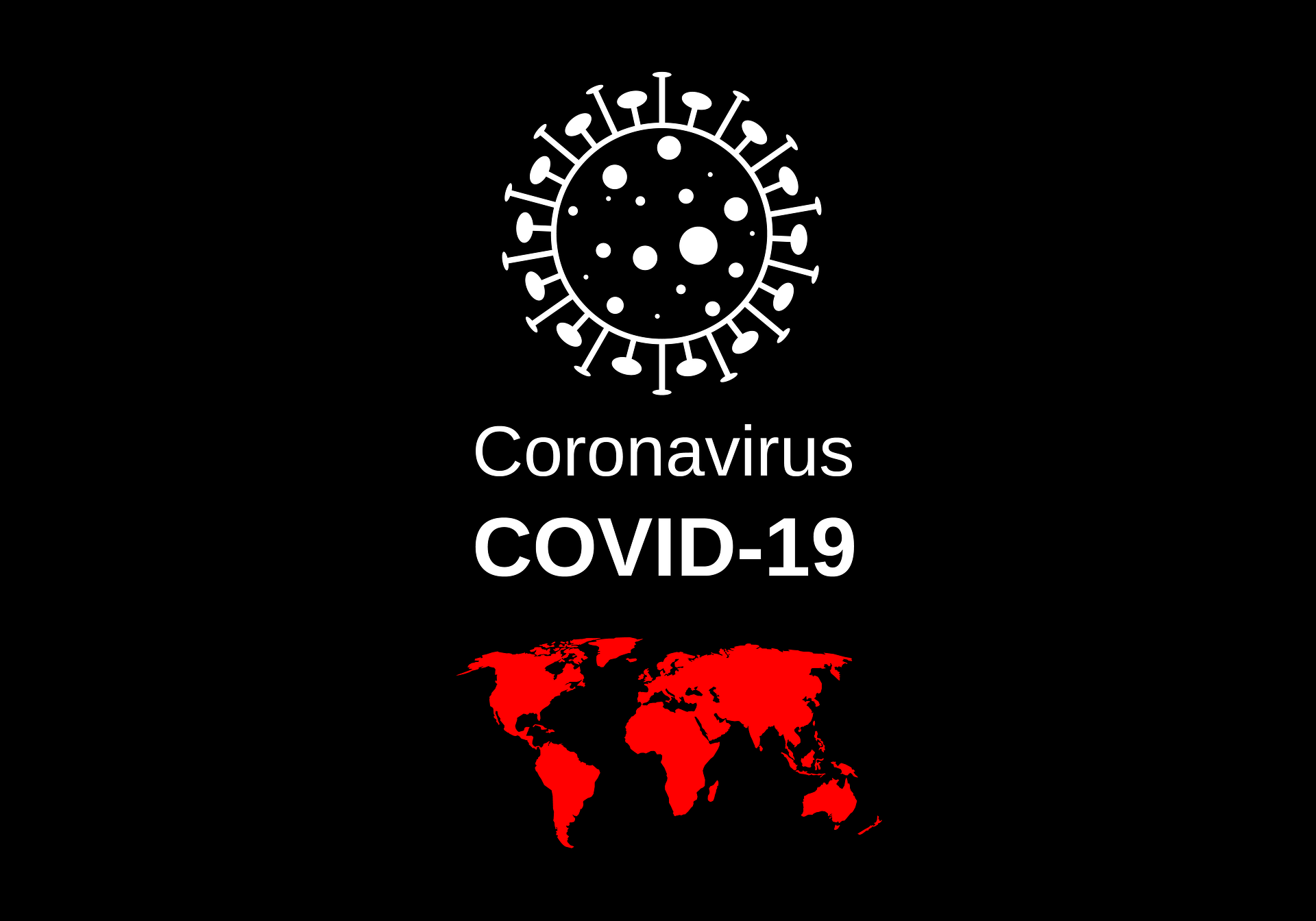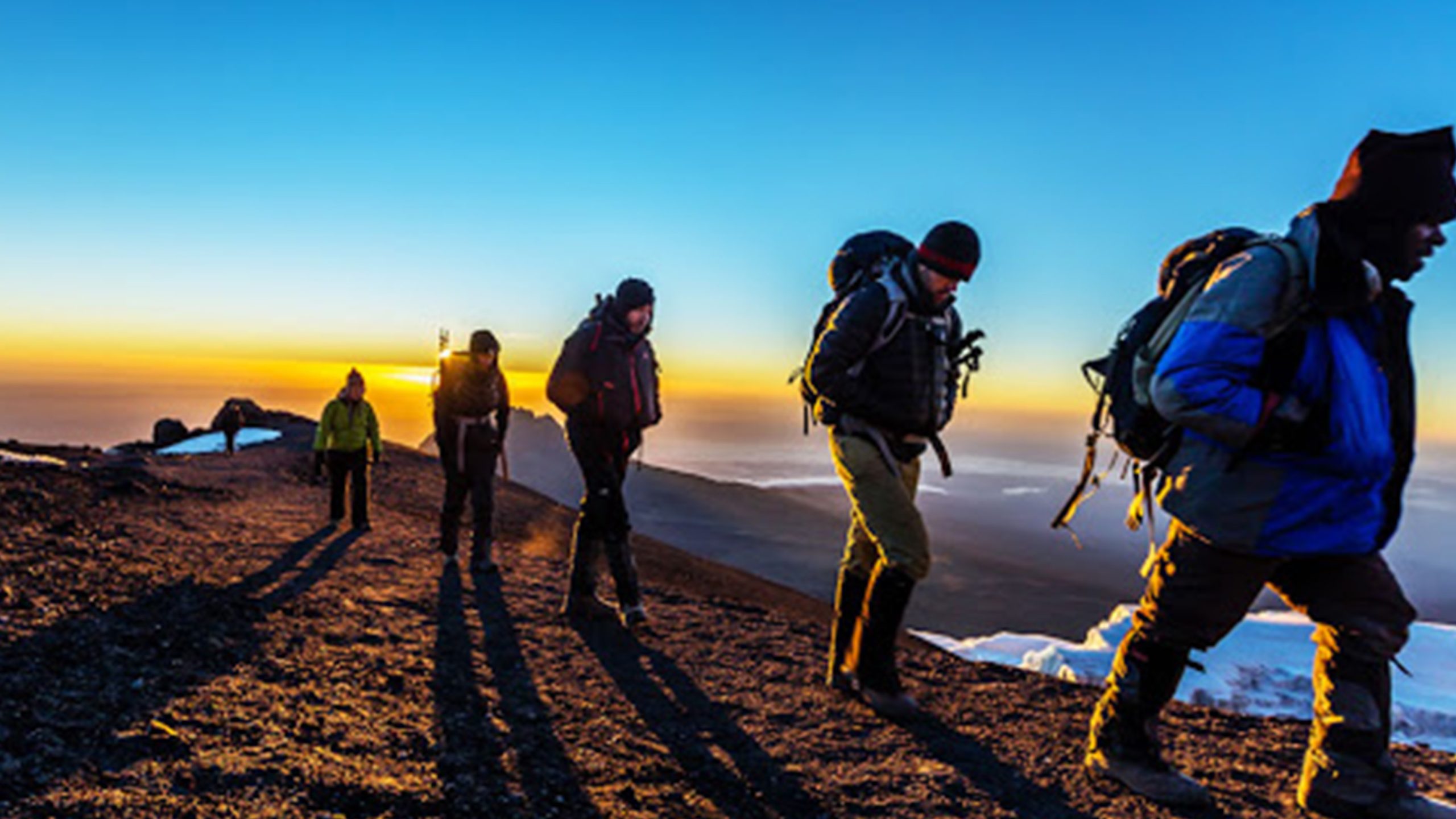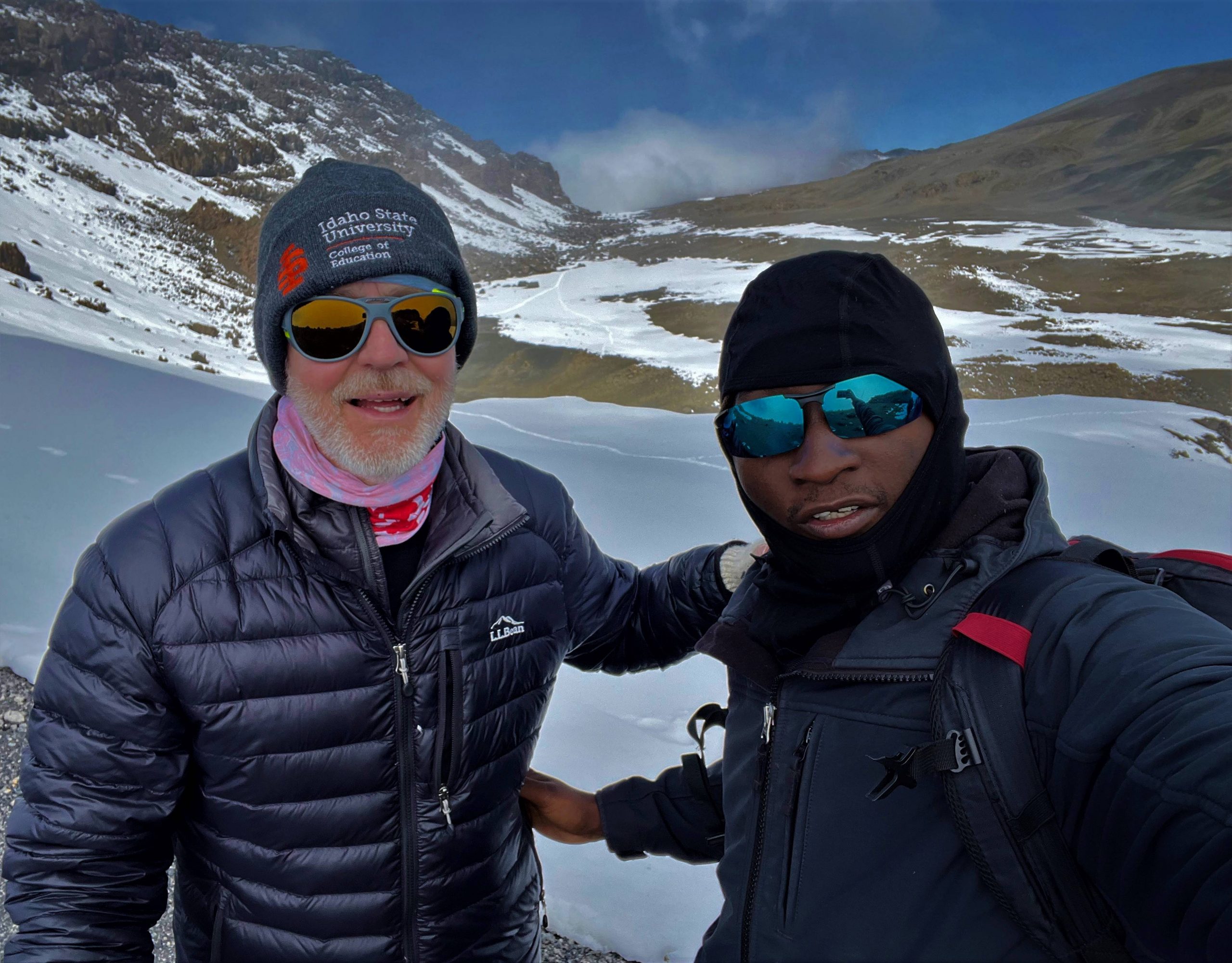Climbing Kilimanjaro During Covid (Updated September 12, 2022)
Just one month after coronavirus was declared a global pandemic in 2020, Tanzania’s President John Magufuli announced that Tanzania was free of Covid-19. The country then abruptly stopped publishing official data on the number of coronavirus cases. All travel restrictions were lifted.
President Magufuli, a coronavirus skeptic, died in late March 2021. He was 61 years old. The cause of death was reported as heart failure, though there are rumors he passed from Covid-19.
His successor, President Samia Suluhu Hassan, announced in April 2021 that she will assemble a panel of experts to advise her on how deal with the spread of the coronavirus. This is a complete reversal of the former President’s stance on the existence of the virus.
“We cannot isolate ourself as an island,” President Hassan stated. “We cannot accept everything from abroad, but we also cannot reject everything.”
New travel restrictions were implemented when she took office (see below).
Traveling to Tanzania
As of September 15, 2022, travelers arriving to Tanzania by air are now exempt from all vaccination and testing requirements.
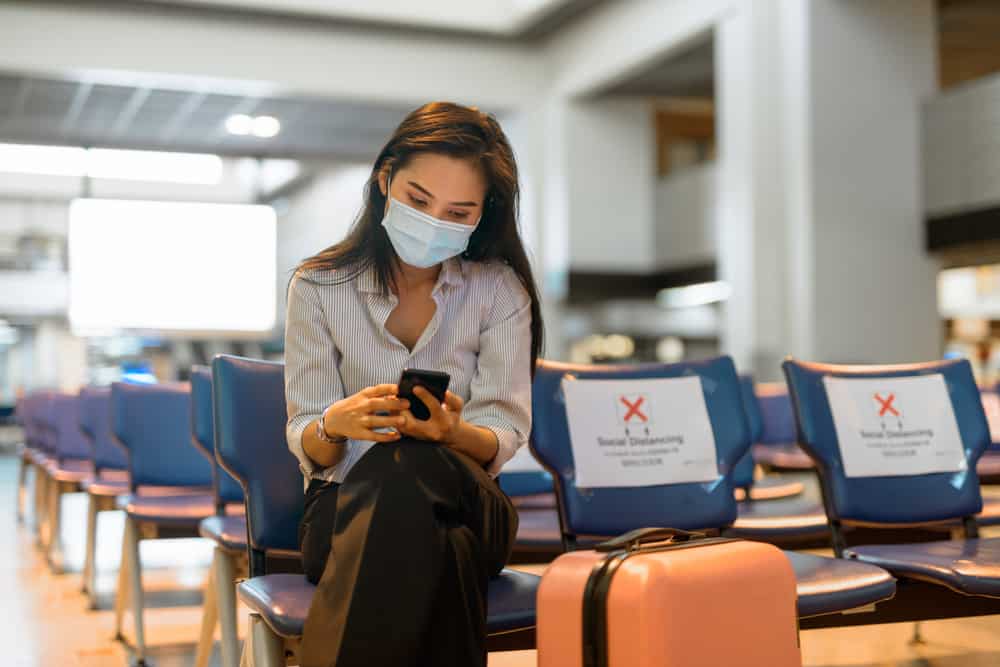
Therefore, there are no Covid-19 related requirements for nearly all of our clients, who fly in and out of Kilimanjaro airport for their trips.
However, for those coming to Tanzania through land borders (such as crossing over from Kenya), there are still requirements for vaccinated and unvaccinated travelers.
Fully vaccinated travelers (those with two doses of vaccines) arriving through land borders are exempt from COVID-19 test requirements for entry to Tanzania, provided that they present a valid vaccination certificate for verification.
nvaccinated or not fully vaccinated travelers arriving through land borders are required to present a negative Covid-19 test to enter Tanzania. The test must be a PCR Test that was done within 72 hours of departure to Tanzania. Travelers who are not fully vaccinated may also be required to take a Rapid Antigen Test upon arrival through land borders. We are not responsible for clients who are denied entry due to failure to meet Tanzania’s regulations.
Note that there may be additional requirements by your home country or by countries you pass through while traveling to and from Tanzania. Be sure that you are in compliance compliance with those regulations as well.
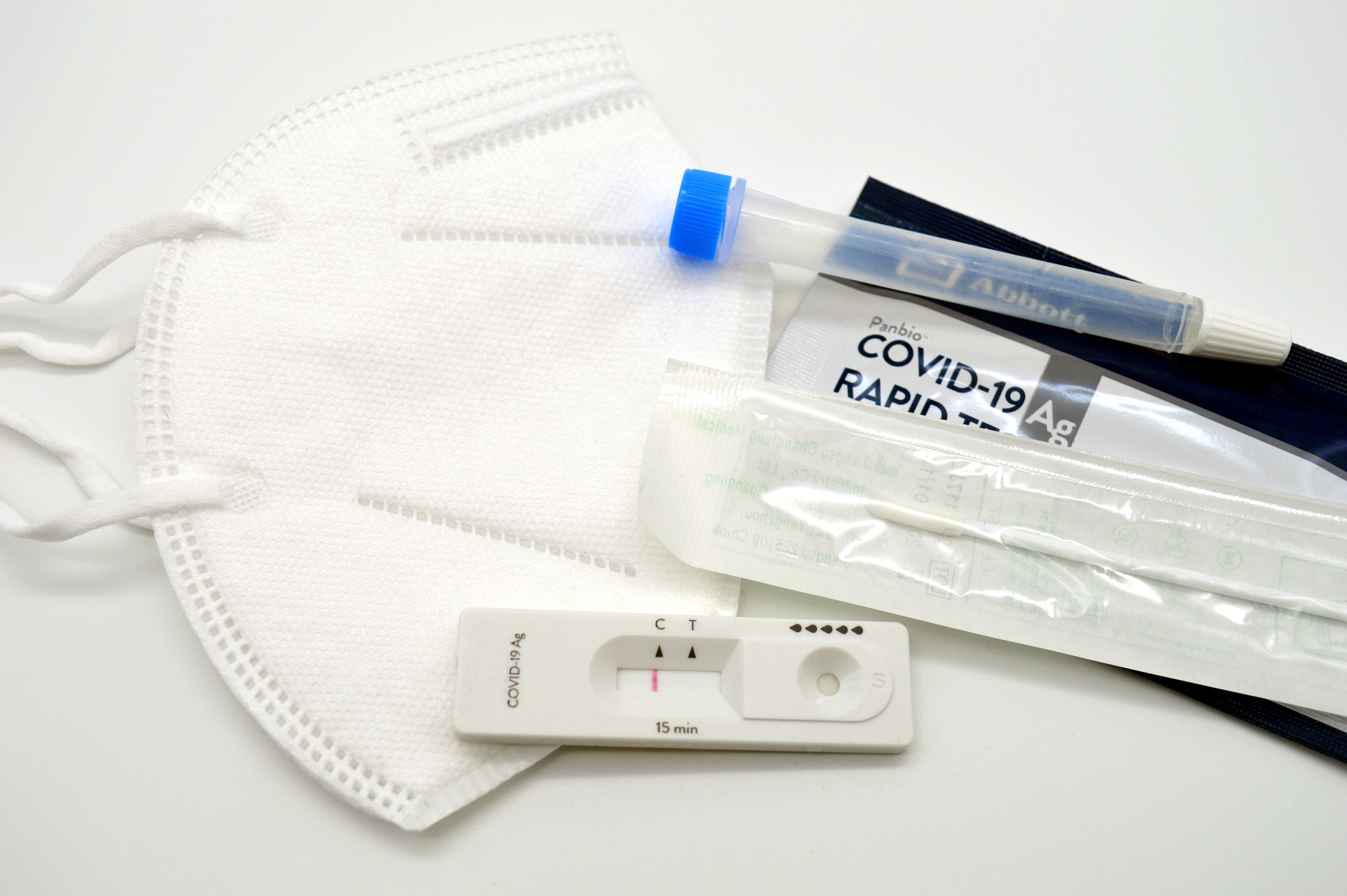
What if I Test Positive for Covid-19 Prior to My Trip?
Clients who do not pass the temperature screening will not be able to freely enter the country.
If a contracts Covid-19 within days of a scheduled trip, African Scenery® is not able to make itinerary changes on such short notice. We reserve staff, equipment, vehicles, food, and accommodations in preparation for each trip. Thus, we have financial obligations we must fulfill regardless of whether or not clients appear.
Unfortunately, clients who do not arrive for their scheduled trips, for any reason, including testing positive for Covid-19, will be considered as no-shows and/or cancellations, and do not qualify for refunds or rescheduling under the booking terms. For this reason, we strongly recommend obtaining travel insurance with “cancel for any reason” coverage.
Travel insurance is a requirement to participate on our trips. Travel insurance protects you against trip interruption, trip cancellation, delays and unforeseeable expenses, such as lost, stolen and damaged baggage; medical expenses and emergency medical evacuation. By opting for the “cancel for any reason” coverage, you will be reimbursed for your trip costs by the insurance company should you need to cancel because of a positive Covid-19 test result (or for any other reason).
Clients who test positive for Covid-19 in Tanzania (upon arrival or prior to departure) are required to quarantine for 14 days or more, until they test negative using a Covid-19 PCR test. Those who are subject to mandatory quarantine shall choose a place from the list designated by the Tanzanian government, which is available online and at airports. Clients are responsible for all costs associated with the quarantine, including hotel fees.
Coronavirus in Tanzania
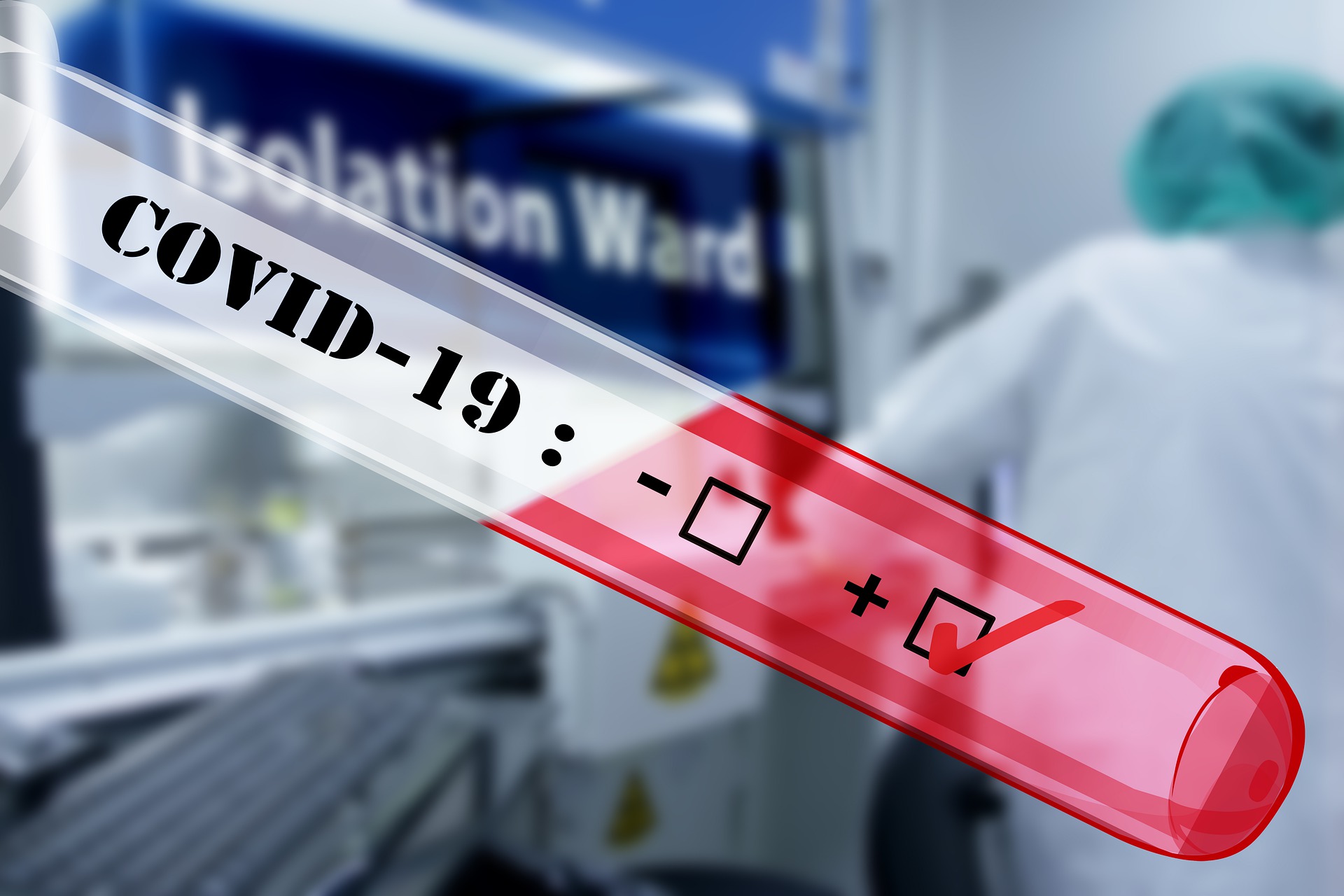
The coronavirus, or Covid-19, was officially declared a pandemic on March 11, 2020 by the World Health Organization (WHO). The outbreak was declared a global health emergency in January 2020.
As of the end of 2021, there have been six million reported deaths globally from the coronavirus, with over 450 million reported infections. Every country in the world has reported cases of coronavirus.
The first confirmed case of coronavirus appeared in Tanzania on March 16, 2020. Since then, the number of cases has grown not unlike the rest of the world has experienced.
The outbreak prompted air travel restrictions into the continent. Many African countries stopped flights to and from countries considered to be high risk. By March 25, many airlines had stopped flying to Tanzania.
As of April 29, 2020, the last day official coronavirus data was released, Tanzania had 509 cases and 21 Covid-19 related deaths.
As of April 29, 2020, the last day official coronavirus data was released, Tanzania had 509 cases and 21 Covid-19 related deaths.
This interactive site created by researchers at Johns Hopkins University shows the confirmed cases, deaths and number who have recovered.
Standard Operating Procedures
The Ministry of Natural Resources and Tourism released National Standard Operating Procedures for management of the Covid-19 threat. The comprehensive 16 page document detailed the rules put in place to continue operations while at the same time protecting visitors.
Some of the items included in the procedures include:
- Thermal screening for arriving passengers
- All contact surfaces are cleaned and sanitized on a regular basis
- Staff members must wear personal protective equipment (PPE) when attending to guests and servicing guest areas
- Hand washing and sanitizing facilities must be provided to guests and staff
- Staff members should maintain a distance from one another and from guests
Prior to the current season, our staff on Mount Kilimanjaro took extra precautions when packing, transporting, and preparing food and equipment for climbers. Personal protective equipment was worn by staff when interacting with guests. The number of staff who interact with guests and the frequency of those interactions were limited accordingly.
However, we, along with the entire Tanzanian tourism industry, have reverted to our standard pre-pandemic operating procedures in light of the minimal impact of Covid-19 at this time.
Our clients should expect the following:
- Tourists will be subjected to a temperature check on arrival at the airport.
- Mountain crews and hotel staff will not wear masks.
- Clients are not required to wear a mask.
- Clients should carry hand sanitizer on their person at all times.
- Clients may choose to social distance at their own discretion.
African Scenery® is fully operational.
As long as our clients feel comfortable to travel here, we are prepared to serve them. Our experience with our guests throughout the past two years indicates that the risk of infection on the mountain and during safari is very low.
For clients who would like to follow social distancing with other climbers, we offer single tents on the mountain and single rooms on safari or in town. Meals can also be eaten in the sleeping tent versus the community mess tent if desired.
We have not had any clients become infected due to their trip to Tanzania.
Netherlands
Many people from the USA use KLM or Delta to fly to Tanzania. These flights connect in KLM’s hub in Amsterdam. The Netherlands has lifted all restrictions for incoming travelers. You are not required to show negative Covid-19 test results on arrival to Amsterdam.
United States of America
As of June 12, 2022, clients returning to the USA after their trip are NO LONGER required to show a negative Covid-19 test. There are no testing requirements to enter the USA.
The Centers for Disease Control and Prevention may decide to reinstate the requirement if a new, concerning variant of the virus emerges, the official said.
Covid-19 Testing in Tanzania
Rapid Tests are available at Kilimanjaro Airport for all passengers. Therefore, clients flying out can get a Rapid Test at JRO prior to departure. The Rapid Test is accepted for re-entry into the USA. It is recommended that you arrive four hours before your flight time to ensure there is enough time to receive your test results. The cost for this test is 10 USD.
There is also a rapid testing center in Zanzibar. You can make an appointment using this link: pimacovid.moh.go.tz.
If your home country requires PCR Covid-19 tests, there are PCR testing centers in Moshi and Arusha.
- Mawenzi Referral Hospital (Moshi)
- Kilimanjaro Christian Medical Center (Moshi)
- Mount Meru Referral Hospital (Arusha)
- Selian Lutheran Hospital (Arusha)
- FAME Medical Health Center (Karatu)
The hours for these testing centers are:
- Monday through Friday – 9:00am to 3:30pm
- Saturday and Sunday – 10:00am to 12:30pm
There is also a collection center in the Serengeti. The Seronera Covid-19 sample collection center allows clients to get tested while on a safari.
Note that all of the abovementioned locations are collection centers. The actual testing is conducted in the National Laboratory in Dar es Salaam. Swabs done after 11:30am are sent to National Laboratory the next day.
Reservations are required and can be made online at: pimacovid.moh.go.tz.
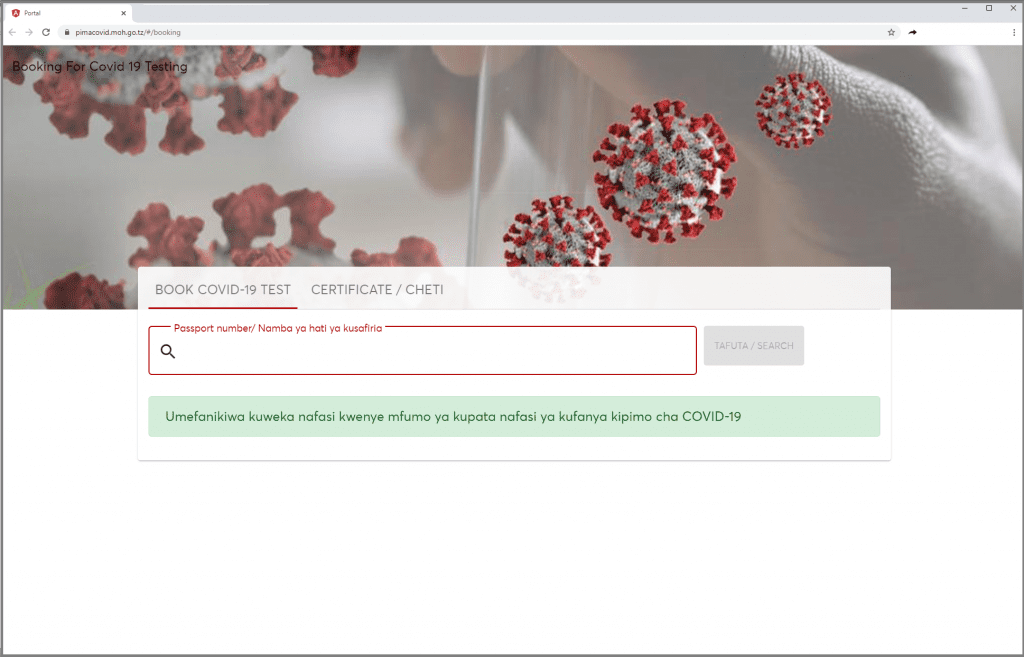
To make a reservation, under BOOK COVID-19 TEST, enter your passport number, the region (select Kilimanjaro region for Moshi) of the testing center, the name of the testing center, and the test date. Then fill out the traveler information.
Here are some translations for the questions that may be unclear:
- Tarehe ya kuzaliwa – birthdate
- Mwisha wa safari – destination of travel
- Tarehe ya kusafiri – date of travel
When submitted, you will see this statement, “Umefanikiwa kuweka nafasi kwenye mfumo ya kupata nafasi ya kufanya kipimo cha COVID-19.” This means, “You have successfully placed a system on the system to get a chance to perform a COVID-19 test.”
The certificate will be available on the same site, under CERTIFICATE. Enter your passport number to access.
The cost of Covid-19 test is 100 USD. However all payments must be made on site in Tanzania Shillings (Sh230,000). Our staff can assist in transferring to the test center, making payments and getting the results.
NOTE: It currently takes between 24 to 48 hours to receive PCR test results..
Please plan your trip diligently in order to comply with any travel requirements that may be imposed. We cannot be responsible for any delays and missed trips due to failure to abide by any country’s Covid-19 regulations.
Coronavirus in Tanzania
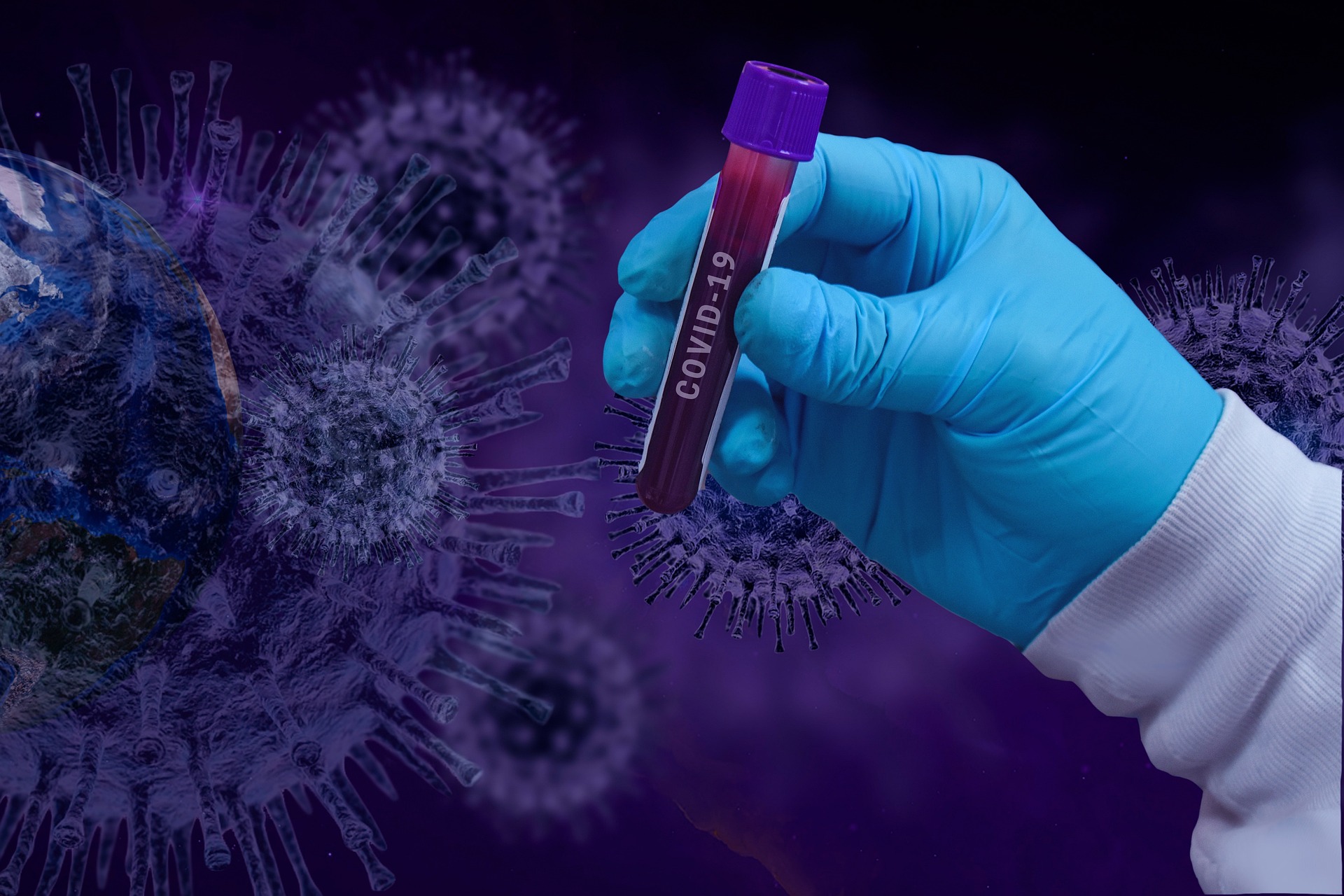
Coronaviruses are a family of viruses that can infect the respiratory tract and cause symptoms like a runny nose, cough, sore throat, and fever. Coronaviruses are common. In fact, almost everyone gets infected with a kind of coronavirus at some point. Usually, the symptoms are mild and last for just a few days.
According to Arnaud Fontanet, head of the department of epidemiology at the Institut Pasteur in Paris, the new strain is the seventh known type of coronavirus that humans can contract. Fontanet said the current virus strain was 80% genetically identical to SARS, which also causes severe breathing problems.
Coronaviruses are zoonotic, meaning they are transmitted between animals and people. Experts believe the source may have been animals sold at the Wuhan market that passed to the human population.
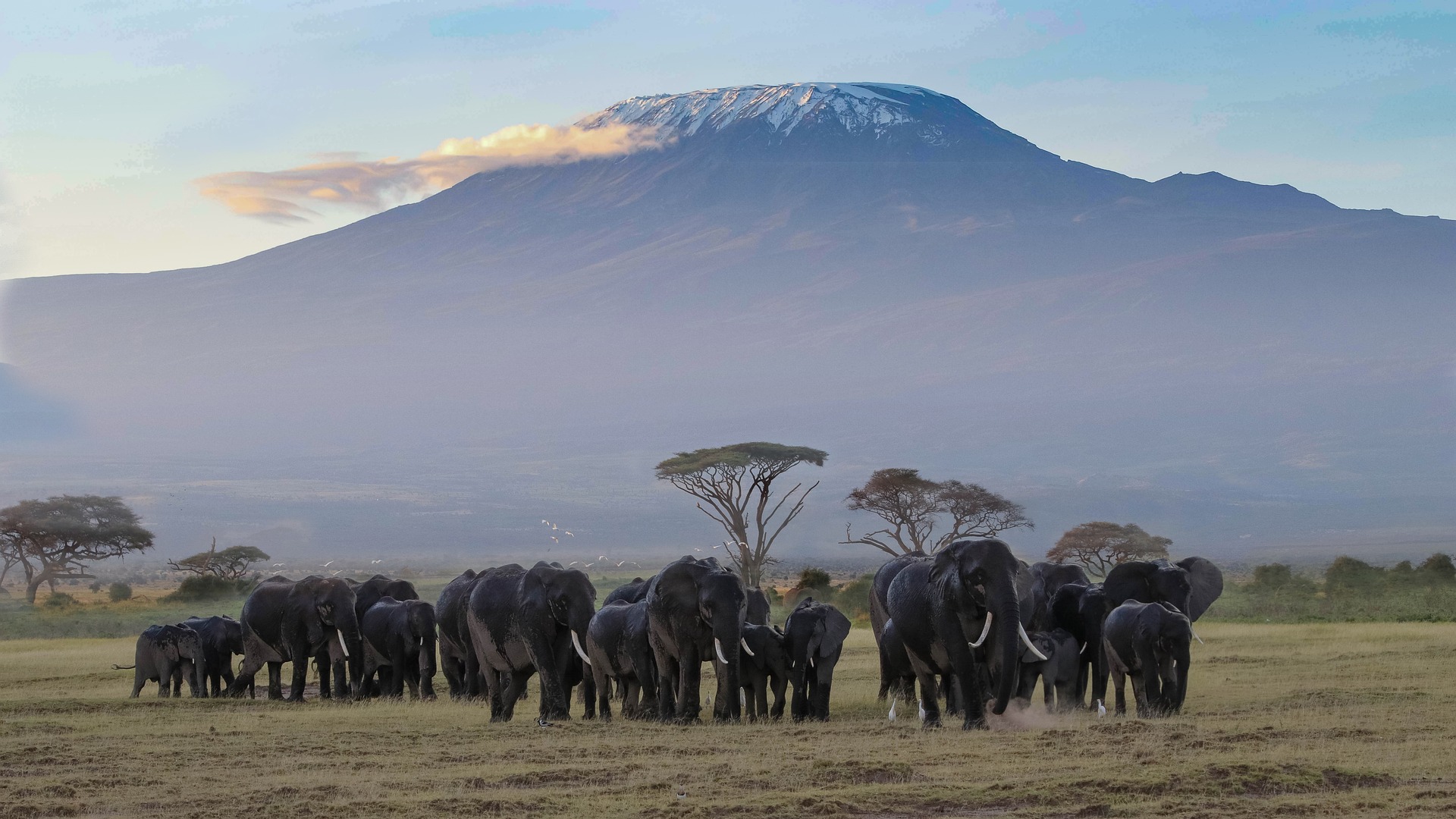
For confirmed Covid-19 infections, reported illnesses have ranged from people being mildly sick to people being severely ill. According to a recent WHO report, the most common symptoms include:
- Fever (88% of cases)
- Dry cough (68%)
- Fatigue (38%)
- Sputum production (33%)
- Shortness of breath (19%)
- Muscle or joint pain (15%)
- Sore throat (14%)
- Headache (14%)
- Chills (11%)
- Nausea or vomiting (5%)
- Nasal congestion (5%)
- Diarrhea (4%)
The Center for Disease Control and Prevention (CDC) believes that symptoms of Covid-19 may appear in as few as 2 days or as long as 14 after exposure.
The mean incubation period is estimated to be 5.1 days, and 97.5% of patients who have symptoms do so within 11.5 days of infection.
Spread is by contact with infected secretions or by large aerosol droplets, so close contact increases risk of transmission. Coronaviruses are more easily spread among hospitalized or institutionalized populations or others in closed conditions. It is believed that Covid-19 is more contagious than the typical flu.
Most recent estimates put the fatality rate for Covid-19 to be between 0.26% to 0.65%, mostly affecting those with underlying, high risk conditions including cardiovascular disease, diabetes, chronic kidney disease, and COPD.
Those with compromised immune systems should be weary about traveling during the pandemic. However, the prognosis for those will no health conditions and those under 60 years of age appears very good. Up to 50% of all cases may be asymptomatic.
There are now nine approved vaccines for Covid-19 with efficacy rates of up to 95% that are being distributed around the world. Many more remain in development. We are hopeful that the pandemic will come to an end in the upcoming months.

